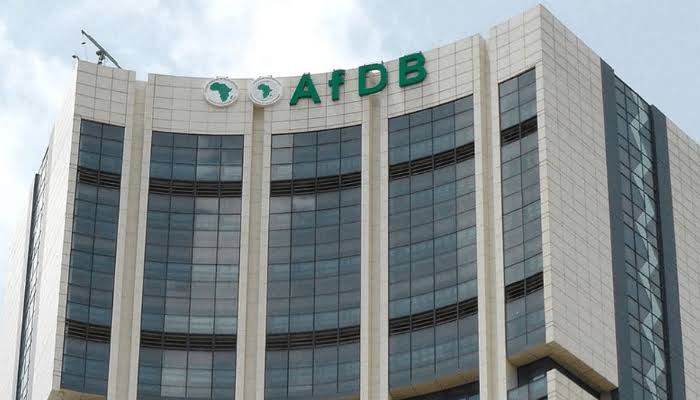Together, the African Development Bank (AfDB) and tech behemoth Intel are aiming to providesophisticated artificial intelligence (AI) skills to three million Africans and 30,000 governmentofficials. The partnership intends to transform the African digital environment, per a statementon the AfDB website.
The effort seeks to provide many Africans with modern technology skills, such as data science,robotics, and artificial intelligence. These skills are essential for increasing productivity andeconomic growth throughout Africa. Through AI training, the alliance hopes to empowerAfricans to be more actively involved in the advancement of the technology and contribute to itscontinuous improvement. The training program is anticipated to have a positive effect on anumber of industries, such as education, health, and agriculture. Enhancing productivity andaddressing socioeconomic issues could promote sustainable development and raise livingstandards throughout Africa. Welcome to Agbokponto Soglo, Intel’s director of governmentaffairs for Africa and chief technology officer liaison for international government affairs. Intel isexcited about the partnership. According to Soglo, Intel hopes to collaborate with Africangovernments to enable everyone, regardless of region, gender, or ethnicity, to have access tocutting-edge technology like artificial intelligence (AI), enabling anyone to engage in the digitaleconomy. The cooperation, according to the statement, extends beyond private instruction. Inorder to create a cohesive strategy for digital transformation throughout Africa, it also assistsAfrican nations, regional alliances, and continental organizations in developing uniformregulations and guidelines for digital technologies like artificial intelligence (AI), cloudcomputing, and 5G.
Nigeria recently made great strides by creating its first multilingual big language model,seeking to lead in AI development across the continent, even though other African nations arenow attempting to catch up in this area.Nigeria, like many other African nations, struggles to fillthe talent vacuum in developing AI technologies that can compete with the likes of Google,OpenAI, and Meta. Furthermore, many people and organizations outside of the IT sector find itprohibitively expensive to train AI models, which limits their ability to take part in the AIrevolution. Sam Altman, the CEO of OpenAI, cited the high training cost of GPT-4 as an exampleand announced plans to raise up to $7 trillion for a project that would address the huge globalshortage in semiconductor chips.


